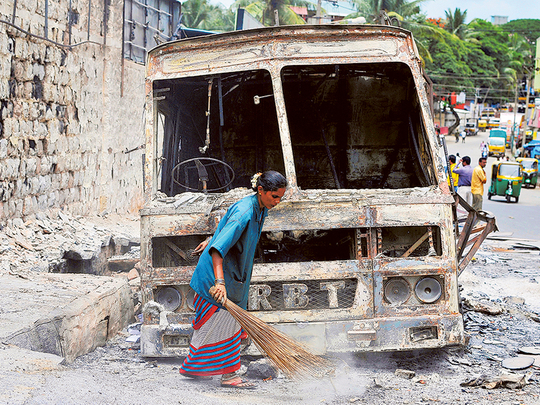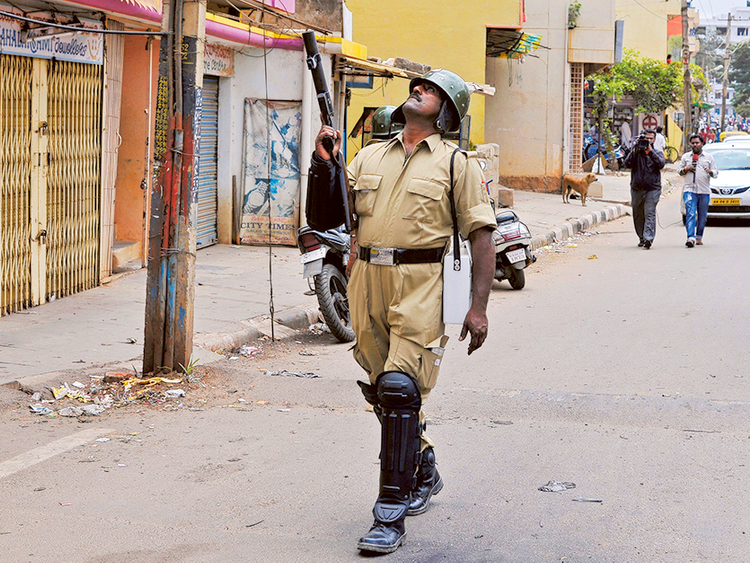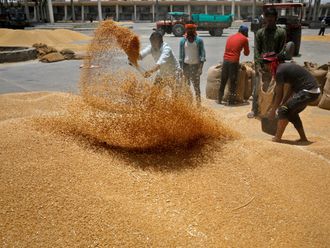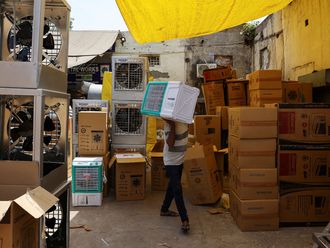
Bengaluru: Local and foreign companies reopened offices and staff trickled back to work in India’s technology capital, Bengaluru, on Wednesday, after two days of violent protests over access to water from a river severely disrupted life in the city.
Multinationals like Amazon.com, as well as Indian technology firms such as Infosys, were among major employers who had told workers to stay home on Tuesday while riot police enforced a curfew in parts of the city.
“We are working today,” said Sarah Gideon, spokeswoman for Infosys.
An Amazon spokeswoman said its employees had returned to the office and its delivery service was running as normal.
The protests erupted after India’s Supreme Court on Monday ordered Karnataka state to divert some water from a river to neighbouring Tamil Nadu state, reigniting a long-simmering dispute in the region about who gets to use the water.
At least two people were killed in clashes between protesters and police.
Police said on Wednesday they had lifted curfews imposed in 16 areas, but officers were still on the streets in large numbers to keep the peace.
“The city is back to normality,” Deputy Commissioner of Police M.G.N. Kumar said on Twitter.
Local buses and the metro network were operating again.
Shops and street kiosks had also reopened.
During the violence, demonstrators stopped vehicles with Tamil Nadu registrations, pulled passengers out and torched cars and buses while pelting police with stones, police and witnesses said.
The protests have hit the image of Bengaluru as the tech-savvy and sophisticated face of a modern, urban India where well-paid workers flock to gleaming business parks and provide technology services to clients across the globe.
Businesses in the city, with an estimated population of around 10 million, have faced four days of disruption this month from the water dispute and an unrelated trade union-organised strike on September 2.
Protests over the sharing of water from the Cauvery river have flared up before, but the ability of protesters to bring large parts of the city to a halt has underlined the vulnerability of Bengaluru-based businesses to social unrest.













